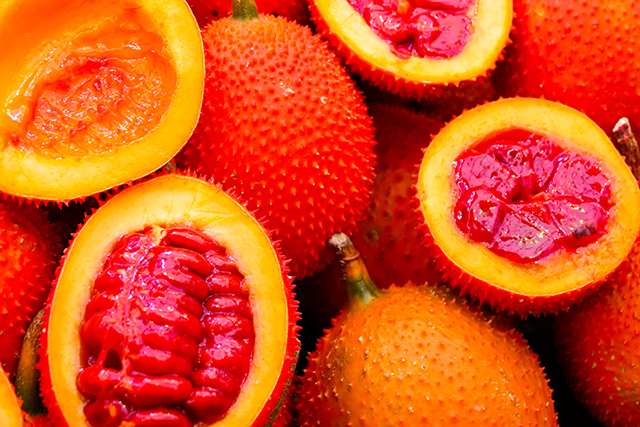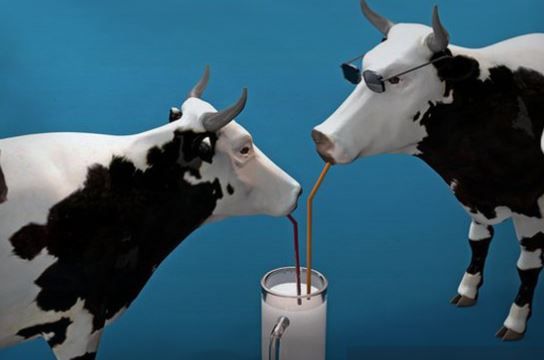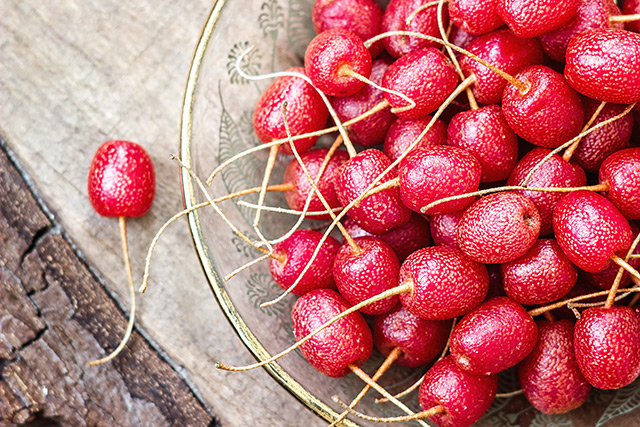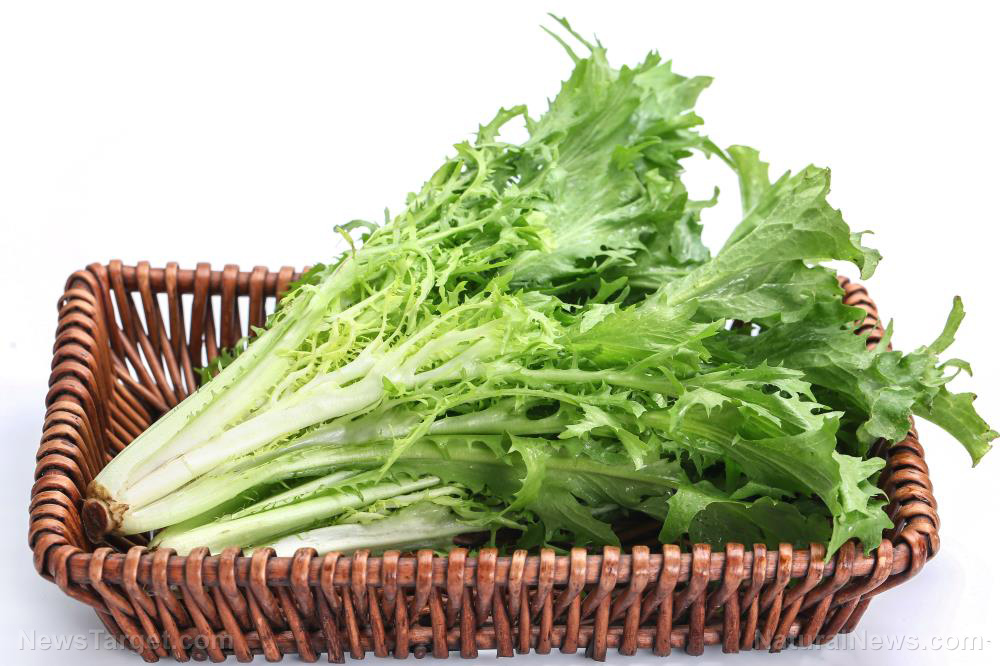SHOCK: Americans waste around 150,000 tons of food every day
05/06/2019 / By Zoey Sky
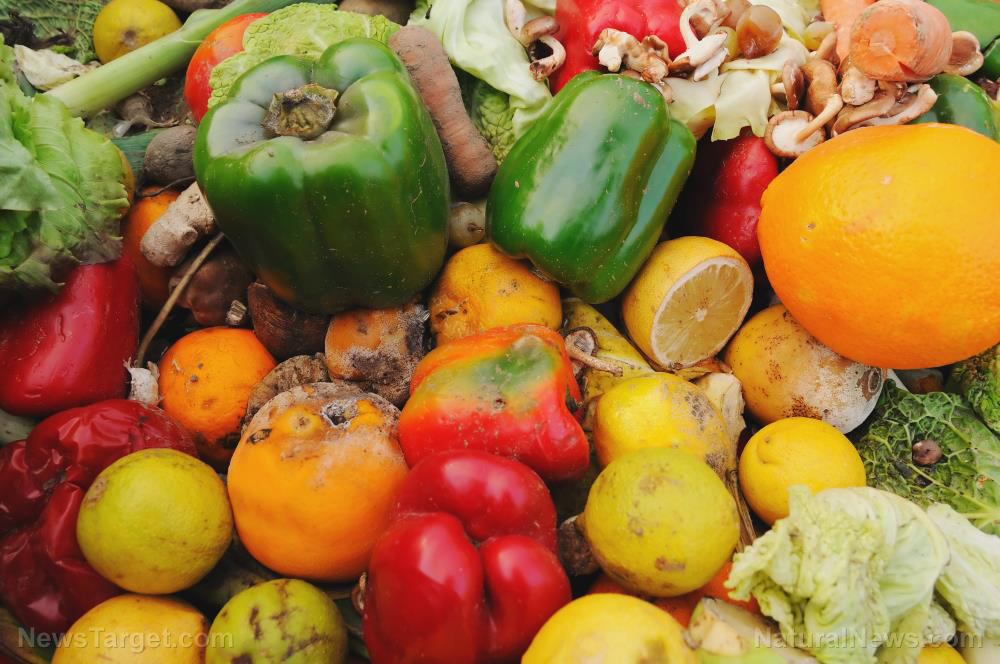
Throwing away eggshells and vegetable peels every day may not seem that harmful to the environment, but most homes in America are still contributing to the food waste problem in the country. In fact, according to a study, the average American wastes at least a pound of food every day. This is equivalent to a whopping 150,000 tons of food nationwide.
The study was published in the journal Plos One and it involved researchers from the University of New Hampshire (UNH), the University of Vermont (UVM), and the U.S. Department of Agriculture (USDA).
“Higher quality diets” and food waste
Some cities in America require composting, more restaurants are banning single-use plastics like straws, and homeowners are trying to reduce waste by reusing food scraps that would usually be discarded. However, it looks like the country still has a ways to go in order to counter the issue of food waste.
According to the study, individuals who had the means to follow “higher quality diets,” or those who could afford to eat healthier, were the ones who end up producing more food waste. Researchers noted that this could be due to these people purchasing more fresh fruits and vegetables, which then results in more waste.
In an interview with Newsweek, Meredith Niles, one of the study’s authors, advised, “Eating healthy is important, and brings many benefits, but as we pursue these diets, we must think much more consciously about food waste.”
Food waste doesn’t just go to landfills. Wasted food, some of which can still be eaten or reused, will use up at least four trillion gallons of water. Food waste also takes up space on 30 million acres of cropland every year.
Tips for reducing food waste
If you want to make a difference, commit to lifestyle changes such as reusing vegetable scraps that usually get thrown in the garbage. Here are other tips to help reduce food waste in your own home.
- Use metal or glass straws. This helps reduce the waste from single-use plastics.
- Purchase seasonally available foods in small quantities instead of buying in bulk and throwing out leftovers. Plan ahead before you head to the supermarket. Never shop without a list so you don’t buy too much.
- Freeze leftovers for future use. This tip is perfect if you prefer to buy items in bulk.
- Freeze bones, meats, and vegetable peels to make stocks. Using food scraps for stock cuts down on waste and it produces better-tasting broth for savory soups and stews. (Related: Simple tips and ideas to avoid food waste.)
- Compost all leftover food scraps, peels, and bones. Use compost in your garden for healthier crops.
- Use leftover citrus peels and herb stems then infuse white vinegar to make an all-purpose cleaner. This non-toxic, homemade natural cleaner also smells amazing.
- Recycle and compost whenever possible. It may not seem like it contributes much, but every step makes a huge difference.
- Bring your own tumbler and mug when you buy coffee. Additionally, bring your own water in a reusable water bottler instead of buying water in plastic bottles.
- Bring your own tote bag to the grocery store. Keep a reusable bag in your purse so you always have one with you.
If you want to be more eco-friendly, consider starting your own home garden. Growing your own food takes some planning, but even urban gardeners can grow herbs in small spaces.
Be more mindful of the food waste you produce and grow your own fruits and vegetables to – even small steps can make a world of difference.
Sources include:
Tagged Under: Composting, eco-friendly, environment, food science, Food scraps, food waste, gardening, green living, grocery, ingredients, leftovers, recycling, renewable resources, sustainable living, Zero Waste, zero waste lifestyle, zero waste living


